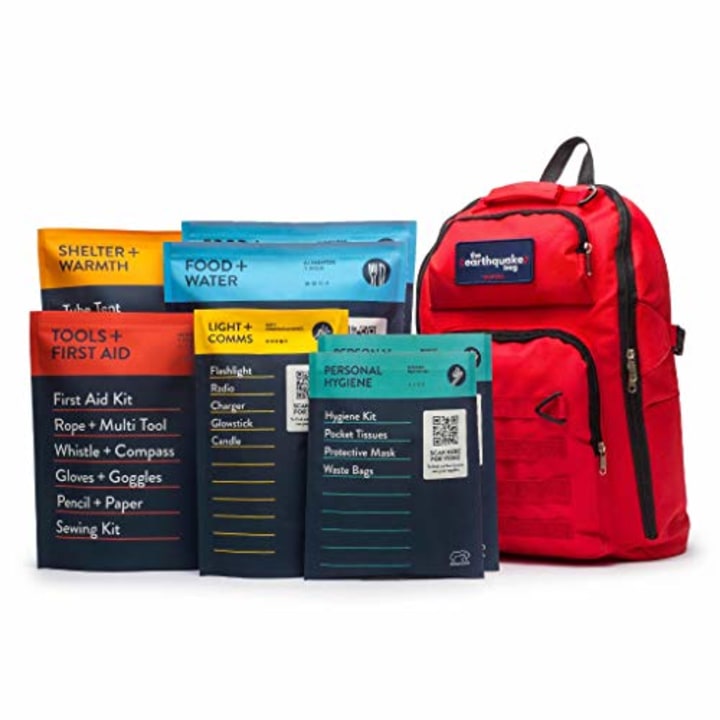European Union-funded medical sterilization equipment and training boosts health protection – Lao People’s Democratic Republic (the)

This week, more than US$160 000 of WHO-procured hospital sterilization equipment will be dispatched to healthcare facilities across the country, as part of ongoing efforts by the Ministry of Health, WHO and the European Union (EU) to tackle COVID-19 and other infectious diseases, and strengthen the health system’s capacity for future health threats including antimicrobial resistance.
The donation – a mixture of 12 units of 150L and 200L autoclaves used for industrial-scale sterilisation of medical equipment – have been provided to healthcare facilities across the country. The units will greatly expand the ability of provincial hospitals to conduct high-volume, high-temperature sterilisation of surgical and medical devices.
The donation accompanies an EU-funded, WHO-delivered infection prevention and control training for 243 nurses, doctors and midwifes in central, provincial and district hospitals in Luang Prabang, Oudomxay, Champasack, Xieng Khouang, Xekong and Vientiane provinces, and Vientiane Capital.
“Improving the quality and safety of healthcare services for our people is our Ministry’s key focus,” said Dr. Bounfeng Phoummalaysith, Minister of Health. “This generous EU assistance will enhance infection prevention and control, an essential part of improving the quality of healthcare, and strengthen our health system now and in the future.”
“This timely donation and support from the European Union is greatly appreciated, it will improve patient safety by reducing the incidence of healthcare associated infections,” said the Ministry of Health’s Dr. Somchan Thounsavath, Deputy Director General, Department of Healthcare and Rehabilitation.
“Providing the greatest level of quality care, and health for all, is our top priority, and this contribution allows us to better protect healthcare workers, patients, and communities.”
The autoclaves, providing 2,000L of sterilization capacity in total, have been supported by training for health care workers on strengthening infection prevention knowledge, skills, monitoring, evaluation, and developing tailored plans to address gaps in infection prevention and control in each facility. Under the leadership of the Nursing and Midwifery Division, Department and Healthcare and Rehabilitation-Ministry of Health, WHO provided the training, as well as supporting assessments.
“The European Union is proud to help reinforce the healthcare system in Lao PDR’ and assist health workers be better equipped with knowledge and equipment,” said Ina Marčiulionytė, the EU Ambassador to Lao PDR.
“Together with our partners at WHO and the Government of Lao PDR, we will continue working to make sure citizens all over Lao PDR receive improved access to healthcare and support during the COVID-19 pandemic. The EU, with the rest of Team Europe, remain committed to support the country in building back better and stronger.”
Amid the COVID-19 pandemic, infection prevention and control has been crucial in reducing the spread of the virus in medical facilities, as well as other diseases. Hundreds of millions of people are affected globally every year by avoidable infections in health care, often related to poor sterilization or hygiene practises or equipment.
“While no one should catch an infection while receiving health care. It does happen, but we can stop it with the right tools and skills,” said WHO Representative Dr. Ying-Ru Lo. “Infection prevention and control measures are one of the most effective ways to prevent infections including antimicrobial resistant germs in health facilities, improve the quality and safety of healthcare services.”
“The EU’s significant contribution has and will help curve the spread of COVID-19 and other diseases, particularly for vulnerable people in health facilities, and directly save lives. We greatly appreciate their generous contribution to improving health.”
This support is part of wider collaboration between the EU and WHO to support health in Lao PDR. The recent donation is part of several million dollars of COVID-19-addressing activities to improve health and wellbeing for people and communities, including support for laboratories and disease surveillance, health emergency response, improvements in clinical management, infection prevention and control, improving water, sanitation and hygiene, and logistics strengthening.







